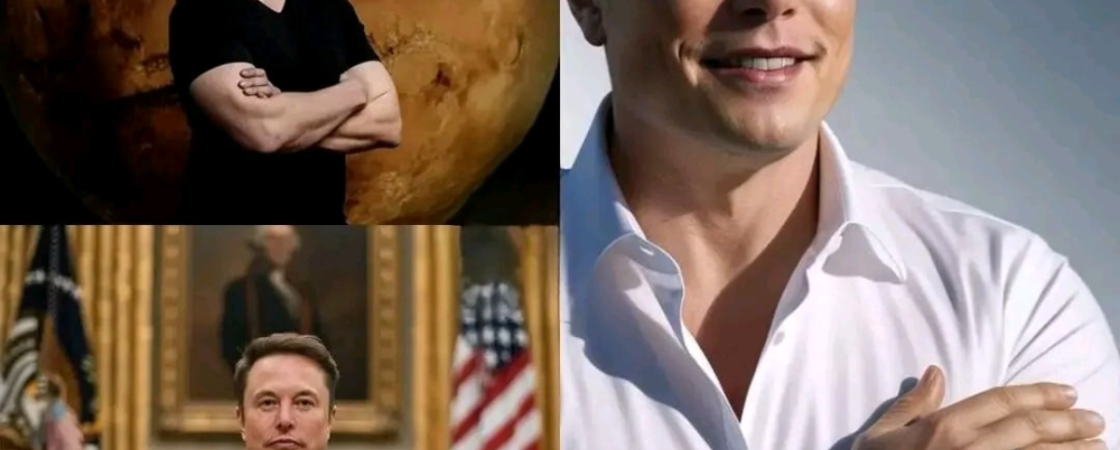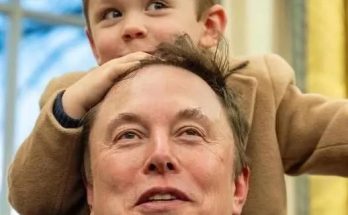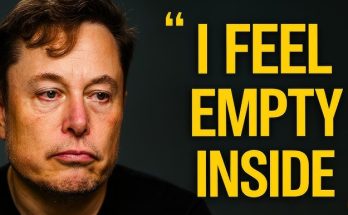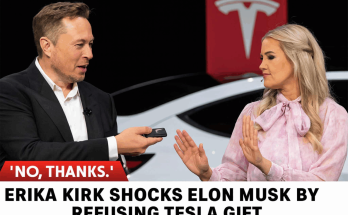It’s not often that the world’s richest man talks about being cash-poor. But when Elon Musk spoke recently about his financial reality — that despite a net worth exceeding $500 billion, he doesn’t even have “up to $1 million in cash” — the internet exploded.
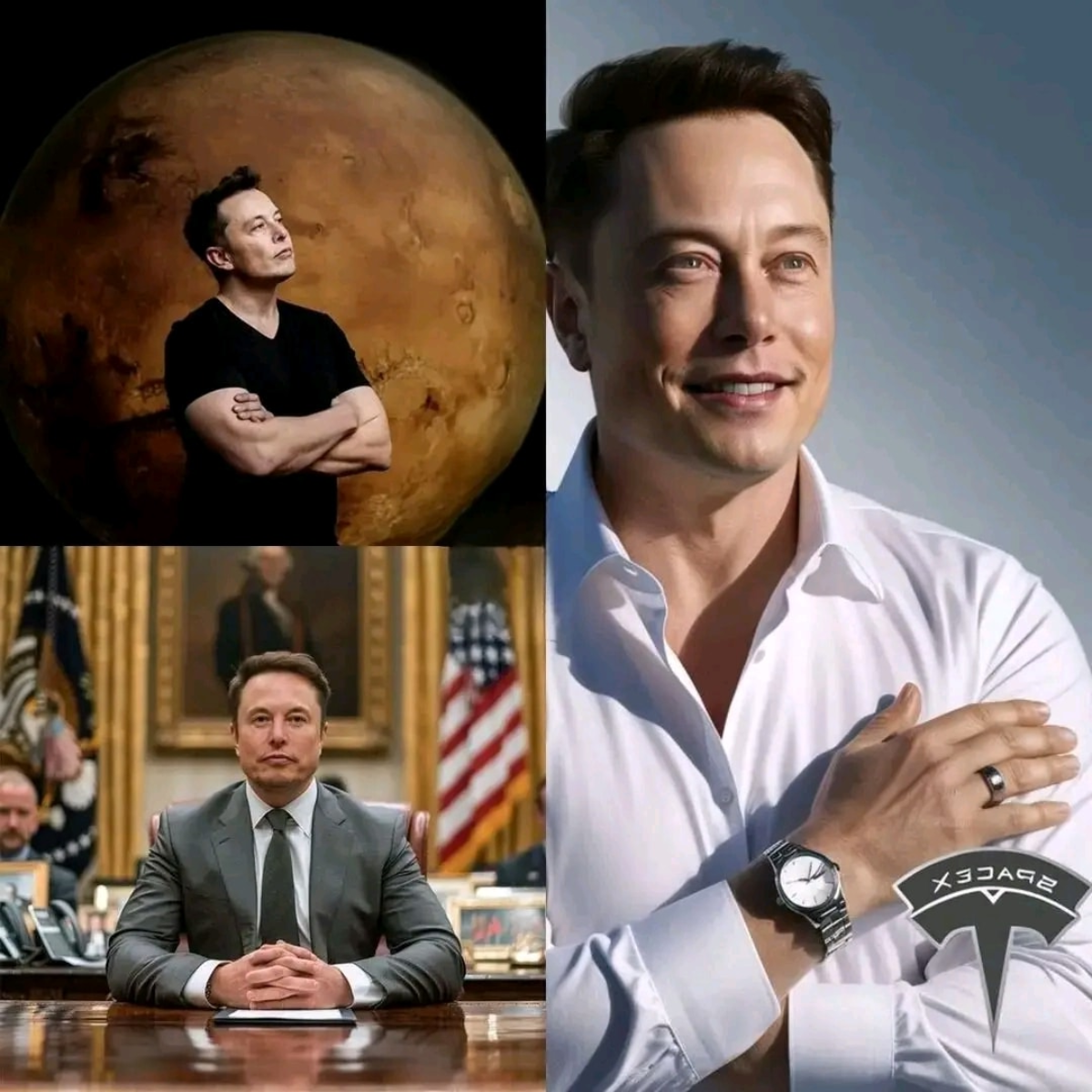
The comments, made during a candid interview at a private entrepreneurs’ summit in Austin, Texas, peeled back the curtain on a topic that fascinates and frustrates millions: how billionaires can appear ultra-rich on paper while living with surprisingly little liquid cash.
“I get annoyed when I see the kind of mindsets people have about rich people,” Musk said.
“People feel so threatened by rich people’s success that they use that success as an excuse for their failures. Most people don’t yet understand the concept of wealth.”
It was the kind of raw, unfiltered remark that Musk is known for — and it sparked a firestorm of conversation about money, value, and how modern wealth actually works.
💰 The Illusion of Riches
For most people, the idea of having even one billion dollars feels like fantasy. But for Elon Musk — the first person in history to reach a personal net worth exceeding half a trillion dollars — the number isn’t what it seems.
“I’m worth over $500 billion, but it’s not like I have a massive account balance,” Musk explained.
“My account balance is very, very low. I don’t even have up to $1 million in my bank account right now.”
He paused before adding, with his characteristic half-smile:
“All my money is in stock. When I sell my stock, I invest in more stock. My wealth is my companies.”
In other words, Musk’s fortune is tied to the value of Tesla, SpaceX, Neuralink, and The Boring Company — not sitting idle in a vault or bank.
📉 Wealth vs. Cash: Understanding the Difference
To many, that statement sounded shocking. How could the man behind Tesla and SpaceX — a figure who can move markets with a single tweet — claim to have so little cash?
Economists explain that this is a common misunderstanding of what net worth means.
Net worth represents the total value of all assets — company shares, real estate, intellectual property, and other holdings — minus liabilities such as debts.
But those assets aren’t cash. They’re value on paper, dependent on the market and investor confidence.
“Most billionaires’ wealth exists in illiquid assets,” said Dr. Karen White, a financial economist at MIT.
“In Musk’s case, his net worth fluctuates with Tesla’s stock price. When Tesla rises, his paper wealth increases. When it drops, so does his fortune. But that doesn’t mean he’s literally gaining or losing cash.”
That’s why Musk’s statement — “If Tesla or SpaceX went bankrupt, I’d go bankrupt too” — isn’t an exaggeration.
His wealth is his companies. If they fail, his fortune evaporates.
🚀 “Entrepreneurs Invest All Their Money and Spend the Rest”
Perhaps the most striking line from Musk’s talk wasn’t about numbers at all, but about mindset.
“Unlike most people who spend their money and invest the rest,” he said,
“entrepreneurs invest all their money and spend the rest.”
That sentence — tweeted and shared millions of times — became an instant quote of the year among business schools and entrepreneurial forums.
For Musk, it summarized his entire financial philosophy: wealth is not accumulation, it’s commitment.
While the average person saves to consume, Musk consumes to build — pouring nearly every dollar he earns back into the machinery of innovation.
🧩 The Paradox of the Modern Billionaire
The paradox of Elon Musk’s fortune is that the same person often portrayed as the ultimate capitalist — the man who can buy anything — lives in what he calls a “very modest house” near SpaceX headquarters, sometimes sleeping on couches or factory floors.
In 2021, Musk sold most of his personal properties, saying,
“Possessions weigh you down. I want to focus on Mars.”
He meant it literally: by offloading physical assets, he was freeing himself to invest more heavily in SpaceX’s interplanetary ambitions.
But his point also speaks to a deeper truth about modern entrepreneurship — that real wealth is less about comfort, and more about capacity.
“Most billionaires aren’t rich in the way people imagine,” says behavioral economist Dr. Alvaro Méndez.
“They’re not swimming in cash. They’re constantly leveraged — borrowing, reinvesting, and risking everything to grow their projects. Their lifestyles may look glamorous, but their liquidity is often surprisingly thin.”
Musk himself has admitted to borrowing against his own stock holdings — a move that few financial advisors would recommend to the average investor, but which he describes as “necessary risk.”
“Even with my net worth, I still take loans and invest,” he said.
“Because I don’t actually have physical cash.”
⚙️ From PayPal to Planet Mars: Reinvesting Everything
Musk’s financial trajectory reads like a high-wire act performed without a safety net.
After selling PayPal in 2002 for $180 million, he didn’t stash the money away. He famously split it almost entirely among his three ventures — Tesla, SpaceX, and SolarCity.
“I didn’t have money for rent,” he later told 60 Minutes. “I had to borrow from friends just to live.”
In hindsight, that gamble looks prophetic. But at the time, it was reckless — betting everything on industries most investors considered impossible: electric cars and private space travel.
It’s that all-in mentality, experts say, that defines the mindset Musk described. Entrepreneurs like him don’t diversify to stay safe; they concentrate to build something monumental.
“Normal people think in terms of security,” said venture capitalist Tim Draper, an early Musk backer.
“Visionaries like Elon think in terms of acceleration. They invest in velocity.”
🧠 The Psychology of Perception
Musk’s comments about people feeling “threatened by rich people’s success” struck another nerve — a cultural one.
In many societies, wealth and morality are often conflated. People either idolize billionaires as geniuses or condemn them as villains. Musk, in his typical contrarian fashion, argued that both perspectives miss the point.
“People tend to use rich people’s success as an excuse for their failures,” he said.
“They think, ‘Oh, they got lucky.’ But they don’t see the sleepless nights, the debts, the risks. Wealth is not just about money — it’s about what you’re willing to sacrifice for an idea.”
That philosophy has made Musk both one of the most admired and most controversial figures of the 21st century — a man who embodies capitalism’s extremes: visionary innovation and dangerous volatility.
💡 A Lesson in Financial Literacy
For young entrepreneurs, Musk’s admission that he doesn’t keep large sums of cash serves as a sobering — yet empowering — reminder.
It highlights the difference between being rich and being valuable.
“Cash makes you comfortable,” said economist Dr. White,
“but ownership makes you influential.”
By reinvesting everything into Tesla, SpaceX, and Neuralink, Musk has positioned himself not as a passive holder of wealth, but as an engine of creation — someone whose financial ecosystem fuels industries, technologies, and thousands of jobs.
“I’d rather have equity in the future,” Musk said, “than comfort in the present.”
🔋 Beyond Money: Wealth as Energy
Ultimately, Musk’s perspective reframes wealth not as accumulation, but as energy — a flow that builds, expands, and circulates. In his worldview, money is fuel for innovation, not a trophy.
“If Tesla or SpaceX went bankrupt, I’d go bankrupt immediately,” he said.
“My wealth is my companies.”
That statement reveals a truth that most overlook: the world’s richest man lives in a constant state of productive risk. His “fortune” is no pile of gold — it’s a network of factories, rockets, algorithms, and people, all moving toward a future he’s still trying to build.
🌍 The Takeaway: Redefining Wealth in a Changing World
Musk’s words arrive at a time when debates about inequality, taxation, and billionaire wealth dominate global discourse.
But rather than defending his fortune, he reframed the very definition of wealth itself.
To him, money is not the destination — it’s the scaffolding.
The real structure is the creation it enables.
That’s why he ends his talks not with financial advice, but with an invitation to think differently.
“If you want to be wealthy,” he once said, “don’t chase money. Chase meaning. Build something the world can’t ignore.”
And perhaps that’s why Elon Musk — the man who admits to having “less than $1 million in cash” despite being worth more than half a trillion — continues to fascinate.
He doesn’t measure success by comfort, but by creation.
He doesn’t hoard — he builds.
He doesn’t save — he reinvests.
Because, as he put it with a wry grin that night in Austin:
